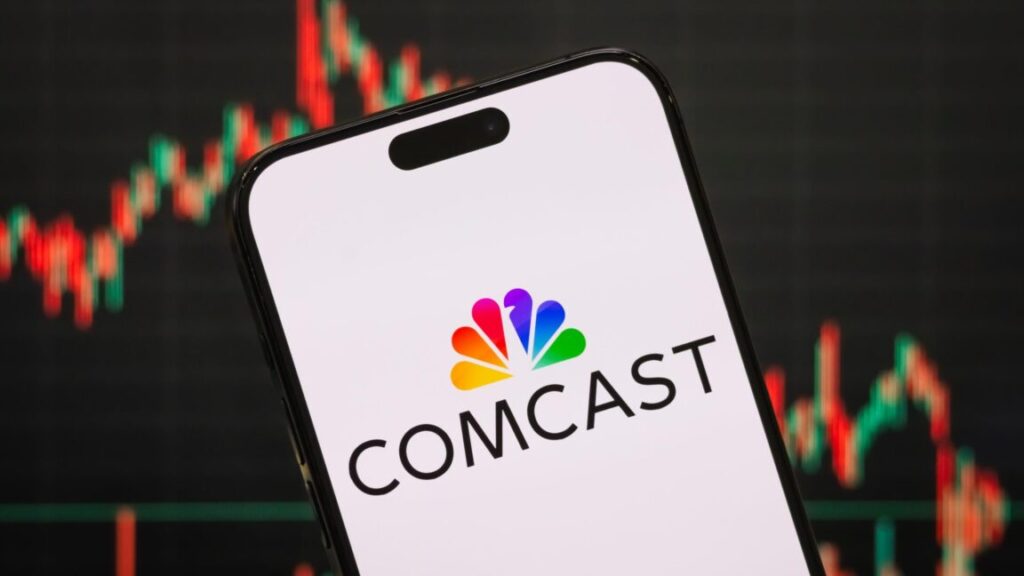Stung by customer losses, Comcast says all its new plans have unlimited data
With Comcast trying to figure out how to stop losing broadband customers, the cable firm yesterday announced new plans that are available nationwide and do not have data caps.
Comcast said it is offering “four simple national Internet tiers that include unlimited data and the advanced Xfinity WiFi Gateway for one low monthly price.” Customers whose current plans have data caps won’t automatically get unlimited data and would have to switch to a new plan to remove that annoying limit from their accounts.
“Customers can repackage into one of our new plans that include unlimited data if they don’t have it already with their existing plan,” a Comcast spokesperson told Ars today.
Comcast’s press release said there is a five-year price guarantee in which the plan costs range from $55 to $115 a month, before taxes and fees, for download speeds ranging from 300Mbps to 2Gbps. There’s also a one-year guarantee in which the prices for the same plans range from $40 to $100.
The Comcast Xfinity website today indicated that the one- and five-year price guarantees are only available to new customers. However, the Comcast spokesperson indicated to us that existing customers can get the price guarantee when switching to an unlimited data plan. Getting promised deals can often be difficult, particularly while a cable company is changing its offerings, so we wouldn’t be surprised if customers have difficulty obtaining the unlimited plan at the lowest advertised prices.
Stung by customer losses, Comcast says all its new plans have unlimited data Read More »




